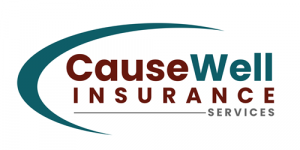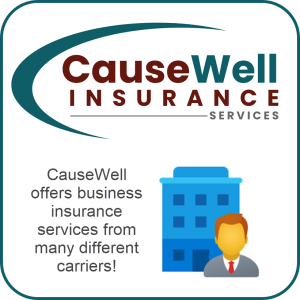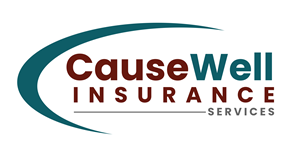Generally, a BOP will pay for direct physical loss or damage to covered property at the premises described in your policy. The damage or loss must be caused or resulting from any covered loss. Property usually includes buildings and business-related personal property up to the insurance limits. This usually includes completed additions, indoor and outdoor fixtures, and permanently installed machinery and equipment. If you are a landlord, it also includes your personal property in apartments or common areas furnished by you. It also covers property you own that is used to maintain or service a building or structure, things like fire extinguishers, outdoor furniture, floor coverings, and even appliances.
You’ll often see clauses in your policy that state, “if not covered by other insurance”… This means that your BOP will cover materials, equipment, supplies, or temporary structures on or within 100 feet of the premises, but only if they are not covered by another policy (a construction policy or other).
Things covered as Business Personal Property may include items used in your business within 100 feet of the premises. If you are in control of property owned by a customer, that is often covered too.
All of these policies will have a section describing Property Not Covered. Look at the list just to be sure, but the items not covered are similar and include things like aircraft, automobiles, and other vehicles: land, money, outdoor fences, antennas, plants, and shrubs. There are usually pretty comprehensive lists of items not covered, and it’s worth it to read those sections.
BOPs all have limitations but can vary depending on the insurance carrier. Typical limitations include losses from “shrinkage” or missing inventory, animals, and certain machinery, depending on how the loss occurs. In addition, many types of property are covered only up to certain stated limits, like $2,500 for jewelry, furs, watches, etc.
If a loss is due to a covered peril, these policies will most often pay for debris removal, but here too, there are limitations. You’ll find much language related to collapses and property preservation that might need to be removed to keep it safe after a loss. Policies are very detailed, so taking at least the time to read through them once is worth the time.
Another critical coverage often provided in BOPs is Loss of Business Income and Extra Expenses due to a loss. Actual loss of business income due to a covered peril is almost always a component, but the covered reasons are laid out in much detail. You’ll be surprised at the number of items listed in a policy as covered or not covered. For example, policies often discuss the necessary Extra Expenses, Civil Authority, Money Orders, and even the Increased Cost of Construction that can occur during a claim.
If you see an exclusion you want to be covered, you should contact your Broker or Agent and ask them about it. You can usually get an amendment or “endorsement” to protect it. Sometimes there isn’t even a fee for this. You have to discuss the issue ahead of time.
Business Owner Policies can be extended to include new acquisitions regarding both construction and property. It’s essential, however, to let your Broker know your plans as you go through them. Even though a policy will limit coverage to business personal property within 100 feet of the building, you can temporarily extend coverage to property held in a storage locker.
Almost all policies exclude losses resulting from illegal or dishonest activity, earth movement (earthquakes), government actions like seizures, and nuclear hazards. In addition, war, floods, computer-related failures, viruses, fungi, bacteria, and malfunctioning electrical apparatus are standard exclusions. Exclusions can be pretty long since there are so many strange possibilities. Most of them are reasonable, but it’s worth at least a read or purview to make sure you know what they are.


